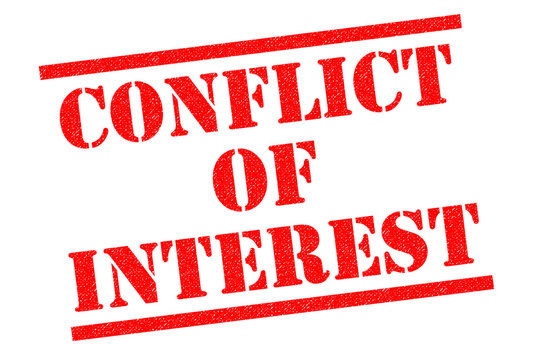Conflict of interest
Conflict of interest is defined as a direct or indirect pecuniary or non-pecuniary interest in a subject by a person. In the boardroom, conflict of interest can arise whenever the personal or professional interests of a Director conflict with the interests of the company.
In the event where a Director is present at a Board or Committee meeting where the issue under discussion is likely to result in a conflict of interest, he or she should declare the conflict of interest at the beginning of the meeting, before the issue is deliberated upon. The declaration must be made in advance of the Company entering into the transaction or agreement.
A declaration can be made in person, at the meeting, or in writing. Once a declaration is presented, it must be discussed and noted in the minutes. When giving notice, the Director should state how they believe they may be conflicted, the nature and extent of their interest.
It is recommended that all companies have a declaration of conflict of interest as a standing agenda at all meetings to provide Directors with the opportunity to declare any possible conflicts.
Examples of Conflict of Interest include but are not limited to:
- A Director’s spouse is a board member of a nonprofit to which the company is considering making a grant.
- The Board is deciding whether it should take an active role in supporting a bill in the state legislature that would prohibit certain predatory lending practices involving car loans and one of the directors owns a car dealership that engages in practices the bill would prohibit.
- A Director’s spouse is the president or employee of a Bank from which the Company wishes to obtain a line of credit.
- A Director or their spouse is a residential landlord to whom the Company makes rental payments.
- A Director owns a significant interest in a construction company hired by the Company to undertake building or maintenance works.
- Where an individual finds himself/herself on the Board of two companies that operate in the same line of business. In the event that the two companies are competing for the same job, then the individual is presented with a conflict of interest.
It is important to note that the issue of Conflict of interest is heavily vested in the Company’s policies. What one Company might view as a non-issue is a major issue to another Company. Companies should have a well-established Conflict of Interest Policy, to guide them on how to address various forms of conflict as they come up.
Companies should make it best practice to have Directors declare a conflict of interest even when it is unclear as to whether a situation amounts to conflict.
It is better to report the issue and have it dismissed than failing to report and have it result in major issues in the future.

